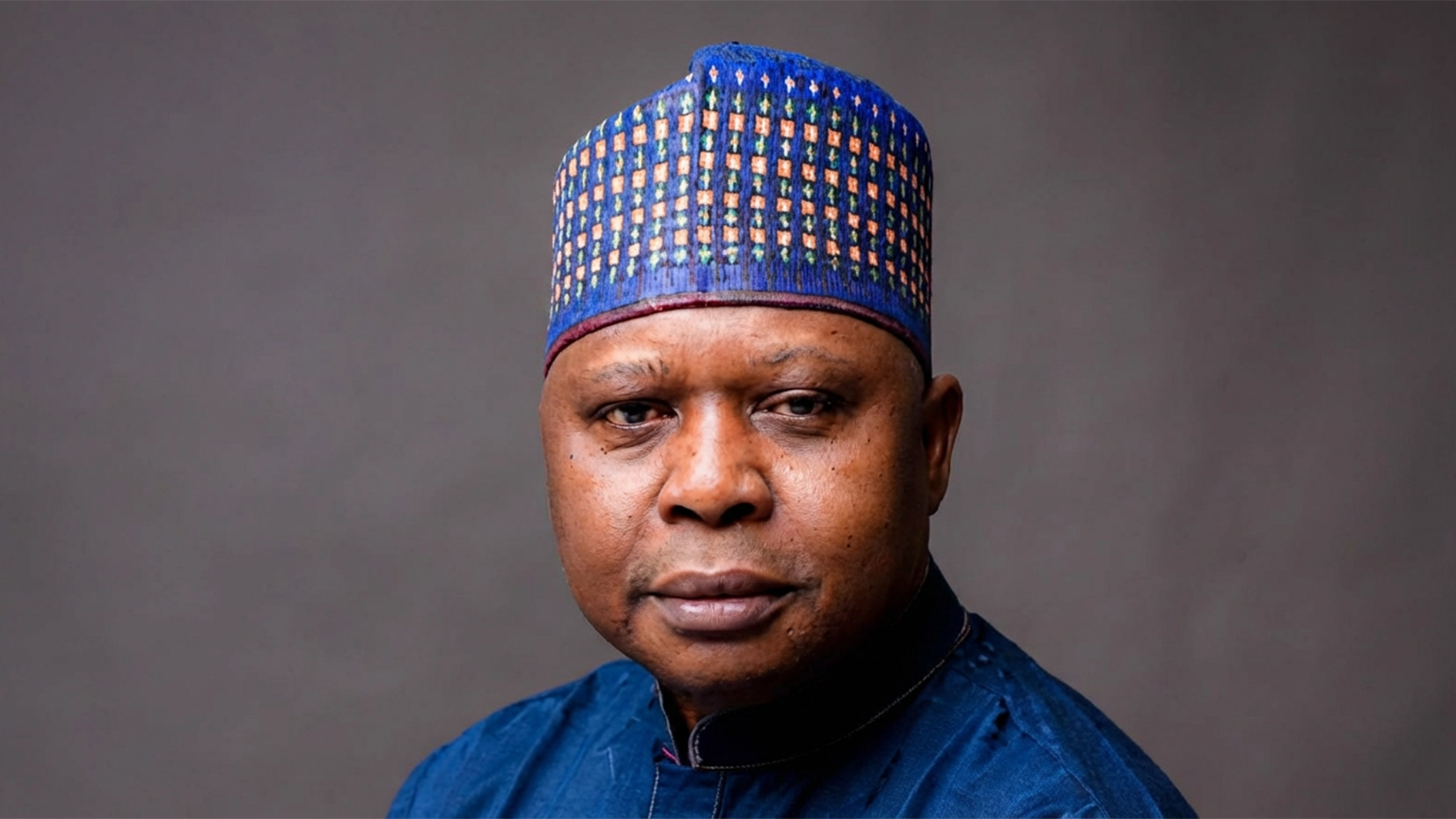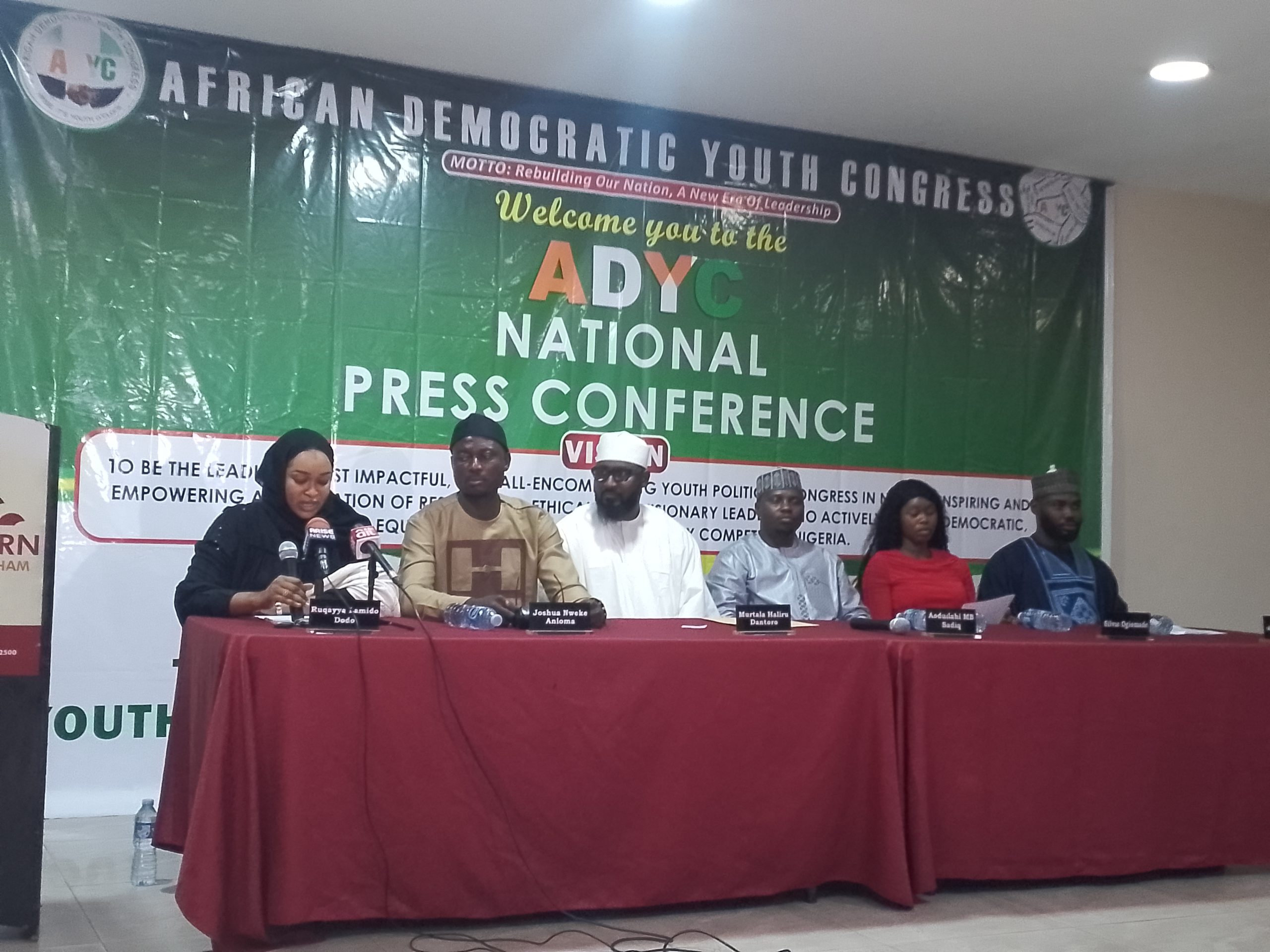
Right from the First Republic, politicians have been experimenting with alliances and coalitions for the purposes of enhancing their electoral capabilities.
In the history of Nigeria politics, the United Progressives Grand Alliance (UPGA) was about the first such attempt to engender such fusion of political associations.
But, actually the idea of gathering disparate interest groups was first put into practice by the founder of Nigeria’s first political party, Herbert Macaulay.
This is because Macaulay birthed the Nigeria National Democratic Party (NNDP) by gathering various interest groups in Lagos to form the party in 1923.
It is against that background that the main opposition Peoples Democratic Party (PDP), recently led some fringe parties to form a coalition, a loose arrangement that differs from merger or accord.
But, even before details of the Memorandum of Understanding (MoU) signed by these parties could be made public, analysts have begun to question the rationale for another ‘unwieldy coalition of unequal partners and resources’.
Concerns about the health and strength of the Coalition of United Political Parties (CUPP) had to do with the lack of ideological underpinnings, the effect of the recent merger of such parties in All Progressives Congress (APC) and the nature of the coalition.
Those are concerns coming on the heels of the fact that one of the political associations involved in the coalition, the Reformed APC, was a splinter of the ruling party that was fabricated through a merger.
There were also concerns as to how the coalition would manage its collaboration in the event that it wins either in states or at the Presidential level.
Did the MoU spell out the sharing formular and what ramparts have been raised to ensure that moles do not make a mess of the entire arrangement?
Lax Fusion
ON its face value, CUPP is a lax fusion similar to what obtained during the first and second republics as UPGA and PPA.
It is therefore easy to see that the collaboration does not seem binding on the signatories, given that the parties did not surrender their certificates of registration or held national conventions to ratify the collaboration.
The pitfall of this lax fusion of the parties is that by the time candidates begin to emerge, it would be hard to convince aspirants of any of the parties to step down and opt out of the main election based on the superior ranking of another candidate on the platform of a member of the coalition.
In the confusion that would most likely ensue from the attempt to streamline candidates, the CUPP might run into a serious problem as candidates may stonewall or make themselves available for outside influences.
There is no doubt that the setting would not only make anti-coalition activities possible, but also create a climate of mutual suspicion among the partners, especially those with scant membership and funding portfolio.
But, some of the challenges of the loose arrangement began to show up barely two weeks after the MoU for CUPP was signed. Some political parties came out to disavow the collaboration, claiming either ignorance or non-consultation.
Although there was no concrete evidence by some of the parties that came out to contradict their involvement in the coalition, sources disclosed that some jobbers in some fringe parties decided to hold press conferences to deny involvement at the prompting of the ruling party.
Some state chapters of smaller parties, especially the R-APC decided to pay solidarity visits to the national chairman of APC, Comrade Adams Oshiomhole, where they not only dissociated themselves, but also excoriated the splinter group.
But chairman of Progressive Peoples Alliance (PPA), Chief Peter Ameh, put a lie to all the antics, saying that none of the parties in the CUPP arrangement has withdrawn.
While reiterating that CUPP was formed after lengthy consultations and meetings to rescue Nigeria, Ameh said: “The names of those political parties claiming to have withdrawn were never part of the coalition and did not sign the MoU.”
He told journalists in Abuja that about 50 political parties were approached for the coalition, but disclosed that not all of that number was convinced on the idea of a coalition, stressing that mushroom parties coming out to renounce their membership “are engaged in a mischievous attempt to discredit the coalition.”
He said: “It is disheartening to see political parties now going to the press to denounce a coalition they were not signatories to.
You cannot denounce or pull out of agreement that you are not signatories to.”
Another aspect of the challenge posed by the loose arrangement is how the coalition would mobilise voters at different states and constituencies for its member political parties without confusing the electorate.
With less than seven months to the general election how far can CUPP go in enlightening voters on the collaborating need for national rescue?
If the states and constituencies are to be partitioned according to the strengths and weaknesses of partners, what would be the basis of measuring capacity and acceptability of the candidates and parties?
Prospects
THE Coalition comes at such a time when national unity and security are under serious stress.
The coalition therefore, apart from tending towards national harmony could help in pruning the number of Presidential candidates to appear on the ballot next year.
With close to 68 political parties and counting, the presence of unwieldy number Presidential contenders on the ballot would not only confound voters, but also make competitive electoral contest hard to come by.
Moreover, large number of candidates would easily confer adventitious advantages to the incumbent by rendering the votes of the people impotent.
At the onset of this fourth republic, PDP tapped from political collaboration with other parties to achieve national cohesion.
As such, through CUPP the former ruling party could be said to have returned to building national consensus for socio-economic development of the country.
It is therefore possible that if PDP succeeds in electing a Presidential flag bearer that would be acceptable to most of the collaborating partners in CUPP, it would have arrived at a realistic path towards taking back what it lost.
Given the fact that Nigeria’s democracy has endured for twenty years, the CUPP initiative could be seen as part of the maturing process for political parties.
After mushrooming for a long time without making impact, it might have dawned on politicians that there is need to come together to forge strong platforms.
For a long time, calls for strong two political parties to deepen Nigeria’s democracy have tended to fall on deaf ears.
But, the harrowing experiences of the past three years and the possibility of a worse case scenario must have paved the way for the possible emergence of two major political parties as obtains in older democracies.
Beyond defeating a quasi-democratic incumbent, the benefits of the recent coalition would be the determination of politicians to imbibe discipline and patience as essential virtues to provide good leadership through internal democracy in the parties.
Challenge Of Leadership Blending
ANOTHER challenge for CUPP, which lies in the future is how the various leaders, particularly lawmakers, elected on the disparate platforms could be blended on a common ideology and manifestoes.
Experience of the last three years shows that with unity of purpose and common understanding the legislature could become the real engine room for democratic progress.
As Peggy Noonan, a former speechwriter of former US President, Ronald Reagan, observed, it is better to show loyalty to ideals than personalities.
As it strategises for the 2019 poll, CUPP could as well plan on how to unite its member platforms on common agenda for national development.
This approach could also enhance its electioneering and set the stage for proper national mobilisation.
If the collaboration is just to grab political power like the APC, CUPP would be an accident waiting to happen. And that would amount to a great political tragedy that could prove fatal to Nigeria’s democracy.
Although the short time to the next general election proved inimical for a merger of the coalition, the time between the conclusion of the election and inauguration of the next government would be sufficient to embark on the process of cementing the understanding.
The proponent of CUPP have a lot of enlightenment and public communication to carry out going forward, if they must earn the understanding, goodwill and trust of Nigerians.
The polity would not only be exciting, but also encourage popular participation when fewer political parties and candidates stand for election.
Voters would find it easy to associate parties and candidates with specific ideas and solutions.
That way, rigging and inconclusive elections would become a thing of the past.
[ad unit=2]






